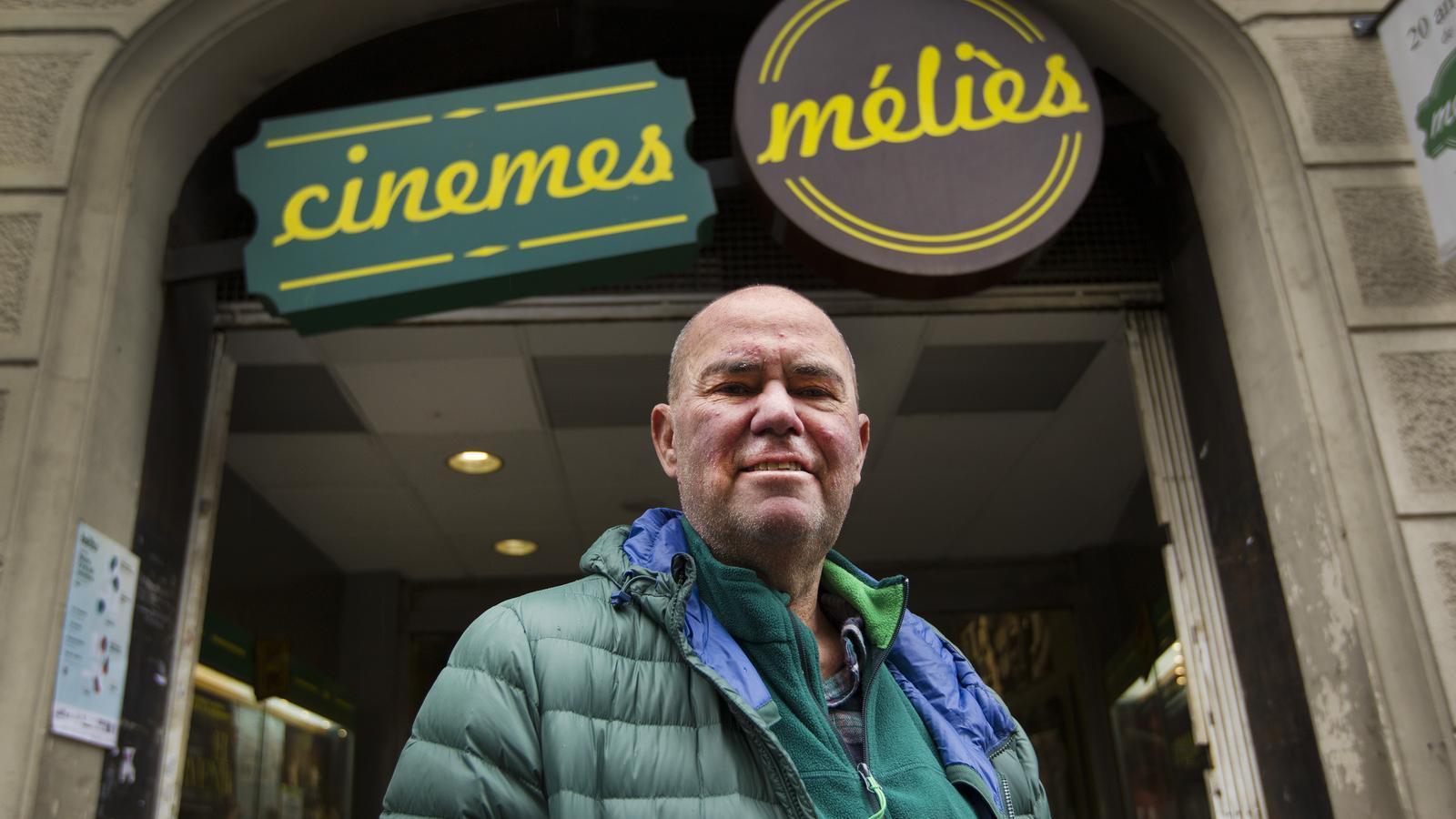Carles Balagué, the filmmaker who examined the darkest side of Barcelona's history, dies.
Owner of the Méliès theaters, he was also a film critic

BarcelonaCarles Balagué i Mazón, born in Barcelona in 1949, played all the roles of the auca: he directed films, was a film critic and made his love for the seventh art clear with the creation of the Méliès theaters in Barcelona in 1996. Balagué, who died this Wednesday at the age of 76 in the Hospital de Sant Pau in Barcelona, not only left his mark in cinema. He had another passion: the Club Deportivo Europa. Member number 3 of the entity, he also worked to ensure its history was preserved. In the case of Europa, it was an inherited passion; his father was Bernardí Balagué, who was president between 1975 and 1980.
A graduate in law and information sciences, Balagúe worked as a lawyer for more than a decade before dedicating himself. His introduction to cinema was as a critic for publications such as Tele/eXpres and Directed by… before founding the production company Diafragma PC in 1977, from which he promoted both his own projects and the recovery of film classics. His career as a director included feature films such as Denver (1980), Love is strange (1988), Appearances are deceptive (1991) and Internal matter (1995).
Balagué approached some of the darkest and least public episodes of Franco's Barcelona with The Little White House: The Hidden City (2002), winner of the Barcelona City Prize. Specifically, he examined some of the harshest and most repressive years of the postwar period, between 1947 and 1952. The White House was a historic furnished, which for Balagué represented one of the best examples of the double standards of Barcelona at the time: in 1947, Eva Perón visited the city and in 1952 the Eucharistic Congress was held. The establishment, which opened its doors in 1912, did not close a single day and operated 24 hours a day until the Barcelona City Council demolished it in 2011. Balagué did not tiptoe around any episode of the famous establishment: from the murder of the prostitute Carmen Broto to the assault. The filmmaker looked again at the history of Barcelona with Arropiero, the vagabond of death (2008) and The Liceo bomb (2010).
On December 20, 1996, Balagué opened the Méliès cinemas, a haven for classic cinema in the Eixample district. "In Barcelona, there was a gap in the revisiting of classics. The Filmoteca was in transition and DVDs hadn't arrived yet, so we started showing classic films. And I think we did a good job recovering titles that people didn't know," he explained to the ARA.
